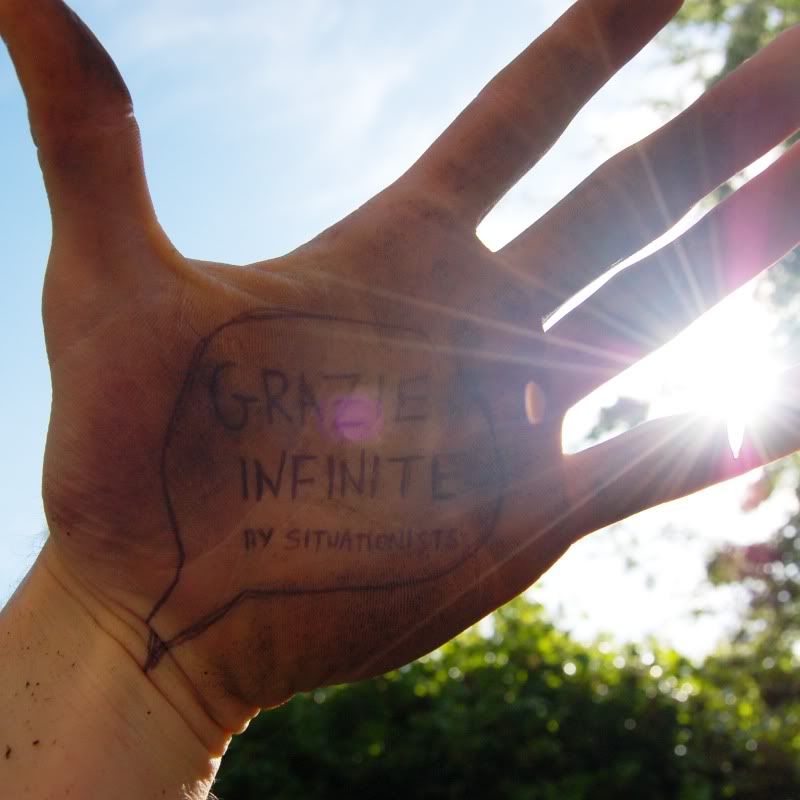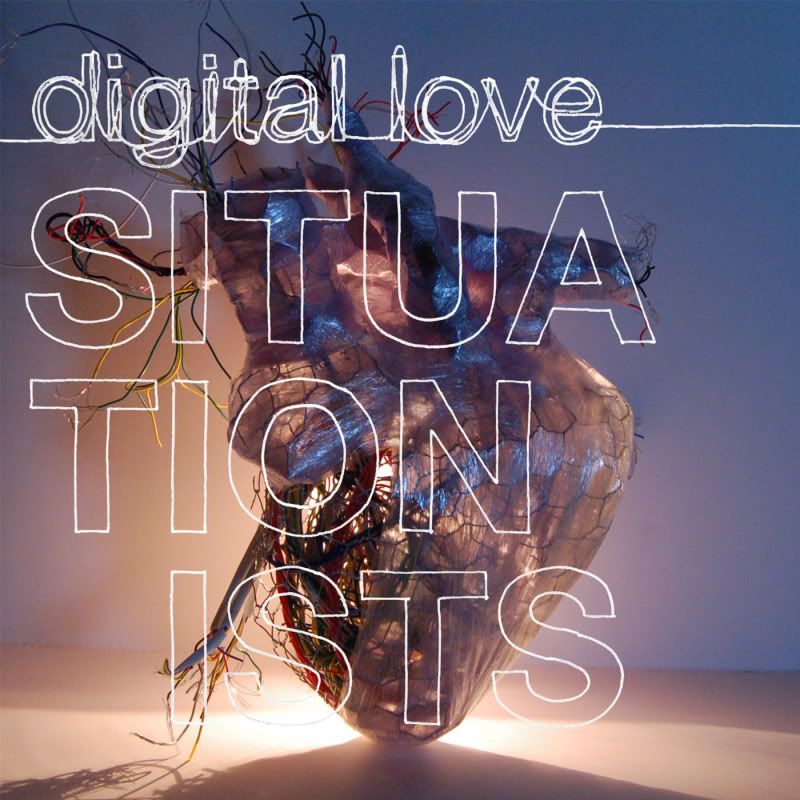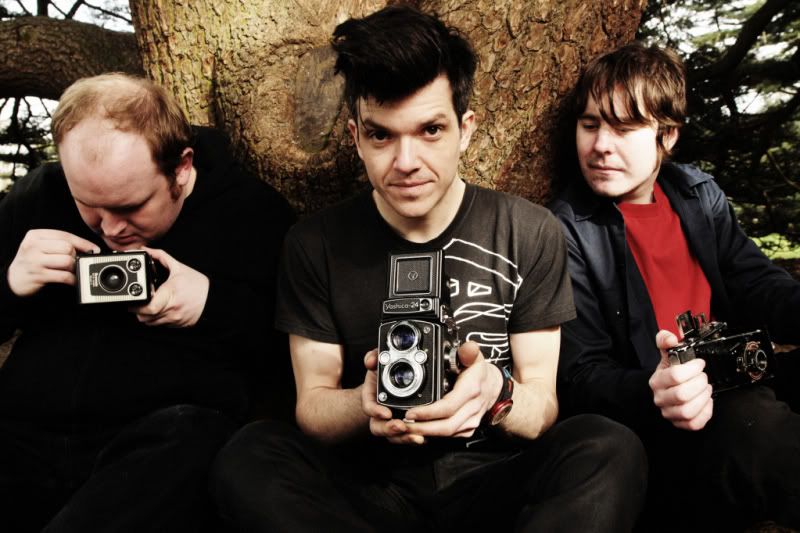 I never wanted to write this. I don’t suppose there are many obituaries that do want to be written. So young and still so far to go! But yes, sadly Situationists have decided to go their separate ways, playing their final gig at The Harley in Sheffield last Thursday. Perhaps this should be seen as a posthumous love letter rather than an obit though, because we’ve definitely loved this band as hard as any other over the last four years, big or small, famous or otherwise. There’s slightly embarrassing LastFM stats to prove it, if proof is what you need.
I never wanted to write this. I don’t suppose there are many obituaries that do want to be written. So young and still so far to go! But yes, sadly Situationists have decided to go their separate ways, playing their final gig at The Harley in Sheffield last Thursday. Perhaps this should be seen as a posthumous love letter rather than an obit though, because we’ve definitely loved this band as hard as any other over the last four years, big or small, famous or otherwise. There’s slightly embarrassing LastFM stats to prove it, if proof is what you need. But, as upset as we are, maybe this was the way it was always meant to be. There has always been an air of melancholy piercing through even their most sprightly pop songs. Listening through their back catalogue now, it’s as if they were consciously foretelling their own demise, writing their own ending from the start - “What will we do when our luck runs out?” (“Onwards and Upwards”), “These plans are flawed” (“Somersaults”), “Please don’t put your faith in this fortune that can’t last forever” (“Comprende!”), “This is torturous, but so satisfying when it’s over” (“Bag of Nerves”). So young and yet so full of heartache! Like all the best bands, they had a startling ability to balance the romance of youth with a subtle, keening sadness. Those things always go together well, because they’re true. Just don’t call it emo, OK?! And don’t forget all of those interlocking guitars, like lines on a map spiralling off into infinity, meaning just one thing: possibility. Up and down that motorway, in that practice room, up on that festival stage, to millions on Channel 4, anything was possible.
And so it's because of this that we're deeply saddened by the fact we never got a chance to release a full-blown Situationists album. Never had a chance at presenting them to the wider world on a grander scale. Their songs deserved that platform, but more importantly, as both musicians and people, they deserved it too. But we - because we did all of this together, always - can be proud of what we did achieve: two beautifully packaged EPs of indiepop gold, two free download singles, a Japanese album and too many life-affirming gigs to recall in their entirety. And fortunately, if there’s any silver lining at all, there’s one final fanfare, one triumphant swansong that undoubtedly proves they were taken in their prime.
Recorded and produced by Nick (what a talent!) in the first few months of 2009 at their own studio, Grazie Infinite completes the triptych of EPs we had planned from the start. Unfortunately, this record won't be seeing a physical release, so we've decided to "do a Radiohead" and offer a option. Put simply, if you choose to, you can download the four-track EP for free from our main site. Alternatively, if you deem it worthy, you can also contribute a small payment by clicking on the designated button.
Hopefully you’ll enjoy the new songs and it would be fitting to send the band away with a little money for all their efforts. The artwork was once again designed by Ralph, who’s forging a real talent for design - get in contact with him through the band’s MySpace if you’d like him to do some work for you (please don't give up playing drums though, Ralph!)
Tracklisting:
- Calluses
- Old Silent Movie
- Bag of Nerves
- Somersaults
So, that’s that. Thanks Dan, Nick, Ralph and Sam (and Andy) for being awesome. It was only ever the best of times all of the time. Ah, bittersweet emotion! Please start making music again, thank you! The final words are yours, boys, because you already said it better than I ever could: “windows down, spirits up, pollen surging through my blood, streaming tears from swollen eyes, but we’re all smiles”.




